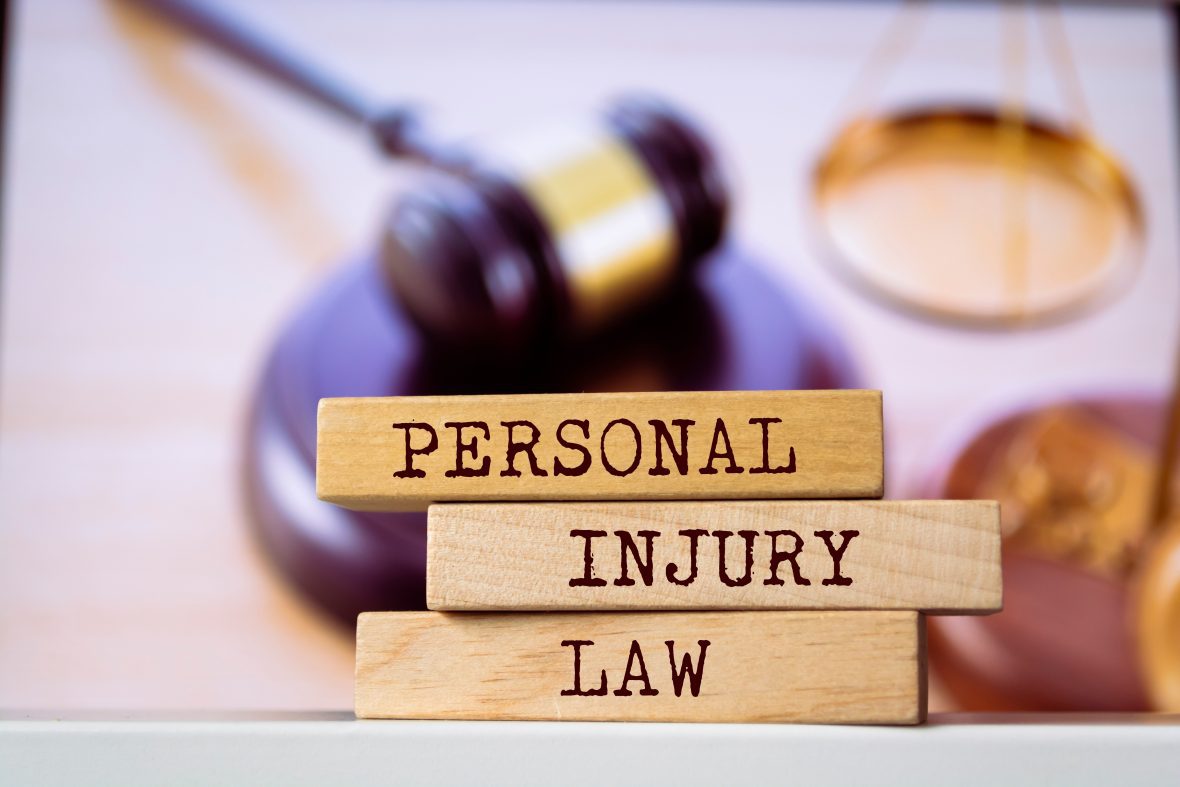Personal Injury Law: What You Need to Know

WHAT IS PERSONAL INJURY?
Personal Injury Law is a branch of law that provides legal remedies and defenses involved in civil lawsuits brought because of wrongful conduct. Essentially, it’s a way for individuals to seek compensation or redress for harm caused to them by others.
Personal injury law is also designed to protect individuals who have been injured or encountered an accident by the negligence or intentional acts of others. This area of law falls under tort law.
Simply put, it is the body of law covering injury or accident, and you can claim compensation for it. Whenever someone harmed you, or you might have been in an accident due to other factors, you can use this when you claim damages regarding your injury or losses.
WHAT ARE THE TYPES OF PERSONAL INJURY?
There are different types of Personal Injuries, and the common ones are as follows:
- Slip and fall accidents: These accidents occur when a person slips, trips, or falls as a result of a hazardous condition on someone else’s property. Examples of slip and fall accidents are wet floors without warning signs, uneven sidewalks, poorly lit staircases, or icy walkways.
- Motor vehicle accidents: These are injuries arising from accidents involving cars, trucks, motorcycles, bicycles, and pedestrians. Examples of these accidents are rear-ending collisions, head-on crashes, hit-and-run incidents, and accidents due to drunk driving.
- Workplace injuries: These are injuries that occur in the workplace or during the course of employment. Some of these are machinery accidents, falls from height, repetitive stress injuries, and exposure to harmful substances.
- Defective product injuries: These are injuries caused by defective or unsafe products. Some of these are faulty electrical appliances causing fires, defective car parts leading to accidents, or harmful side effects from improperly labeled pharmaceuticals.
- Medical malpractice: This involves injury due to the negligence or omission of a healthcare professional, like surgical errors, misdiagnosis or delayed diagnosis, childbirth injuries, and incorrect medication or dosage.
In these types of injuries, the common denominator is negligence, wherein the defendant failed to act with reasonable care, and this failure caused the injury. This comes from the duty of the defendant to fulfill his obligation with due care. If there is negligence, the plaintiff must be able to prove it to win and be able to claim compensation.
WHAT KINDS OF COMPENSATION CAN A PLAINTIFF CLAIM FROM PERSONAL INJURY?
Under Personal Injury Law, a plaintiff is entitled to claim compensation for various damages, such as:
- Medical expenses: Costs for medical treatment related to the injury. It covers past, present, and future medical expenses, like hospital bills, costs of surgery, medication, physical therapy, and any long-term healthcare needs.
- Lost wages: Compensation for the income lost by the injured person due to their inability to work following the injury.
- Pain and suffering: This is compensation for the physical pain and discomfort caused by the injuries. This varies greatly depending on the individual case and the severity of the injuries.
- Emotional distress: This compensates for the psychological impact of the injury on the victim’s life. It includes anxiety, depression, insomnia, post-traumatic stress disorder (PTSD), and other forms of emotional turmoil.
Remember, compensation is based on your state’s laws. The computation of these depends on the damage or injury caused to the plaintiff. There is also a consideration based on the facts of the case. The calculation of compensation is a complex process often requiring expert testimony, especially for future damages and non-economic losses.
OTHER THINGS TO KEEP IN MIND ABOUT PERSONAL INJURY CASES
When it comes to personal injury cases, insurance plays a significant role. It is considered the primary source of compensation for the injured party. Liability insurance, for instance, may cover some of the damages in accidents. Another example of insurance is health insurance, wherein it can initially cover the medical expenses of the plaintiff. However, it may seek reimbursement from any settlement or judgment received in a personal injury case.
Lawyers specializing in this field guide clients through the legal process, including gathering evidence, negotiating with insurance companies, and, if necessary, representing them in court. The role of a personal injury lawyer is thus comprehensive, encompassing both legal and often emotional support. Their expertise not only lies in their knowledge of the law but also in their ability to navigate the intricate processes of negotiation, litigation, and advocacy to secure the best possible outcome for their clients.
CONTACT US
Contact Pinkston Law Group, P.C. today to schedule a consultation and take the first step towards a brighter legal future. Your well-being and legal rights are our top priorities, and we’re here to advocate for you. Let us be your trusted partners in pursuing justice and the compensation you deserve.





